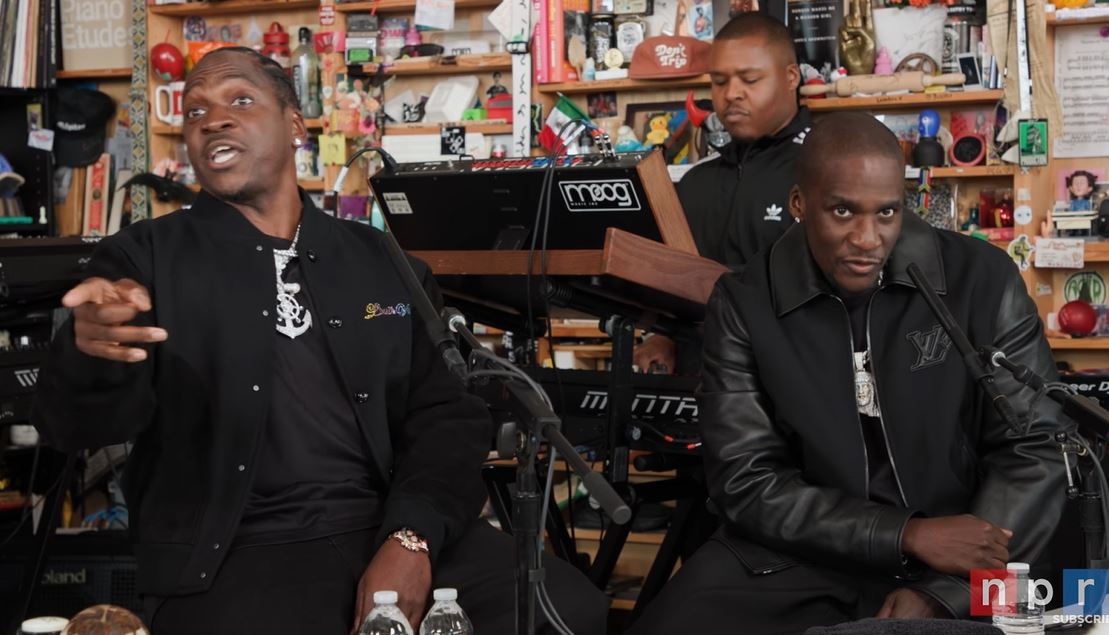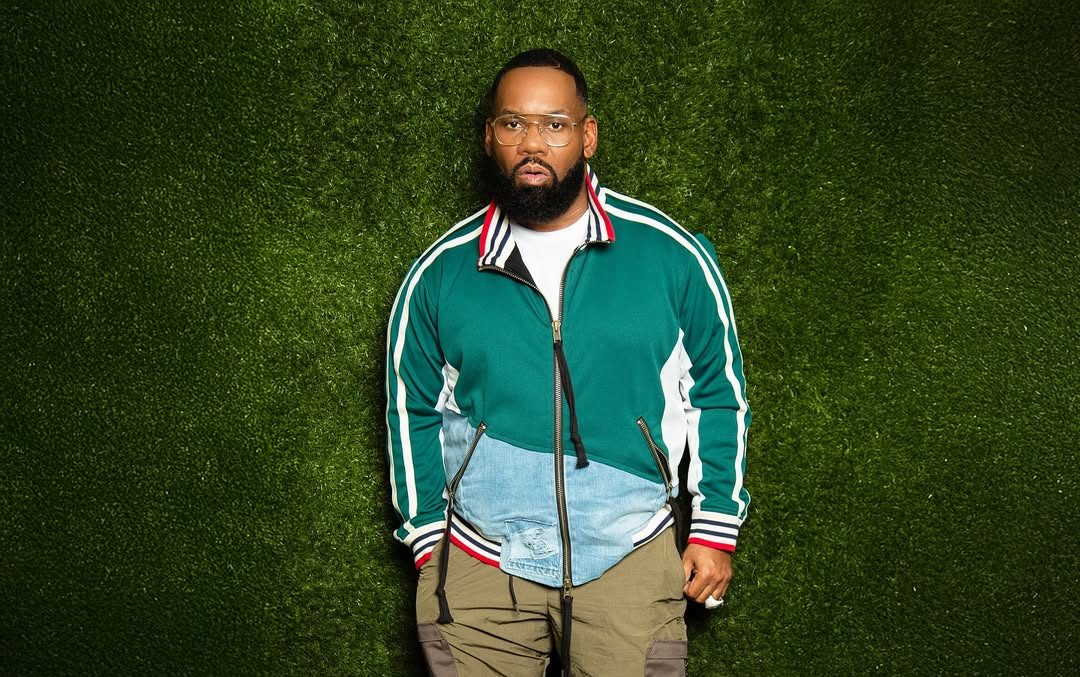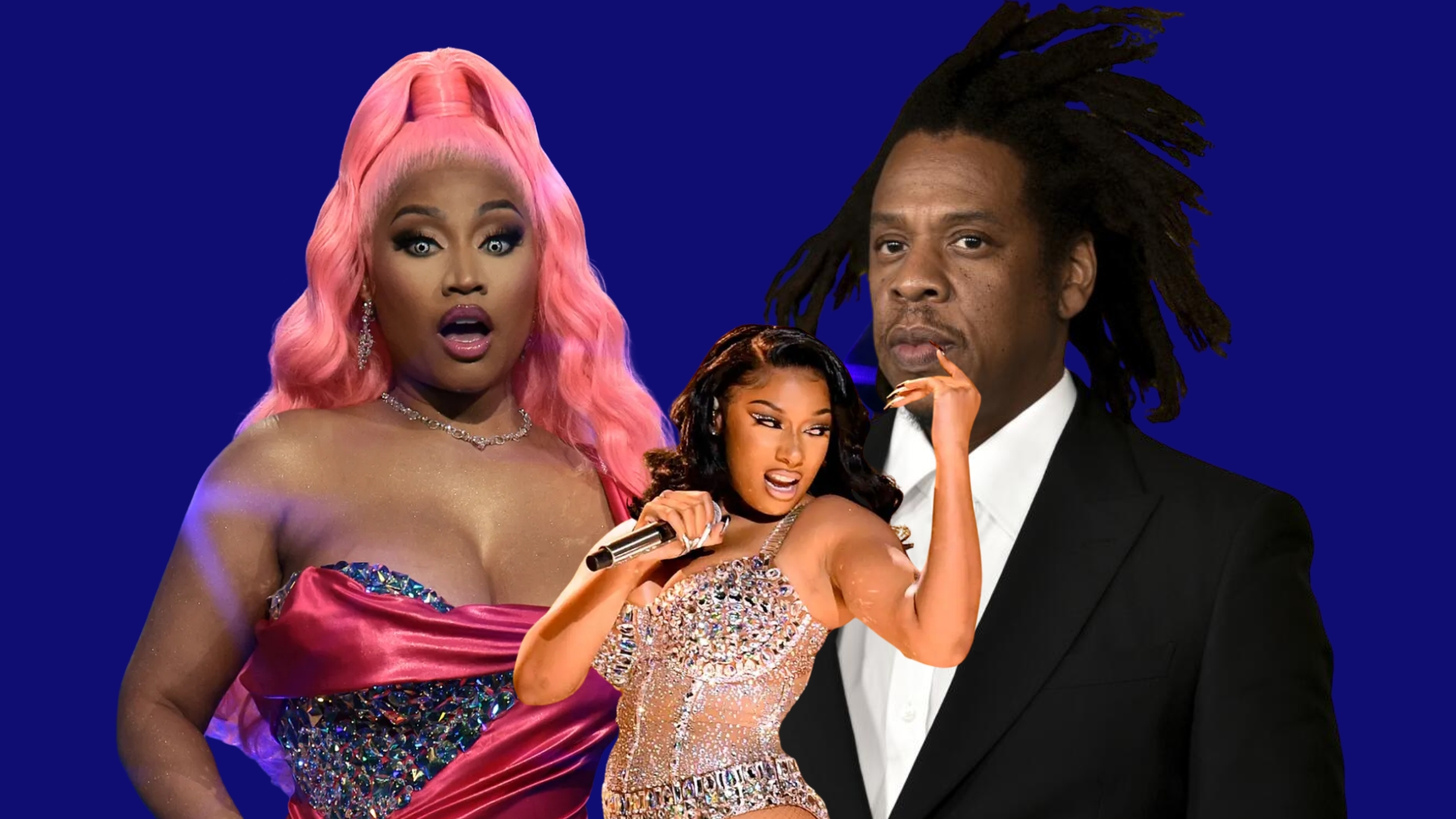"No regrets, with a few exceptions,” sings Mandy Moore on the folksy ballad “Fifteen,” one of 10 tracks on her upcoming album, Silver Landings (Verve Forecast, due in early March). It’s not hard to discern what those regrets might be. Like most of Moore’s new songs, “Fifteen” (named for the age at which she released her Billboard Hot 100-charting debut single, “Candy”) is baldly confessional. “I’m not a developed enough songwriter at this juncture of my musical life to know how to write about other things,” the now 35-year-old says with a self-deprecating laugh. “I look back at the younger] version of myself and just want to give her a big hug. I don’t think I really knew what I was in for.”
Twenty years after her bubblegum breakthrough, the pop star turned movie star turned face of one of the decade’s most popular TV dramas (This Is Us) is making music on her own terms. Late in 2019, Moore signed with Verve Forecast, where her longtime friend and collaborator Mike Viola is West Coast vp A&R. (He also produced Silver Landings and is credited as a co-writer on all its songs.) “I had slight PTSD from being on labels in the past,” says Moore, who adds that she would have just released the album herself without Verve’s offer. “But Verve truly feels like it’s run by a bunch of deeply creative people who aren’t necessarily just concerned with the numbers game.”
At Verve — now run by Universal Classics and Jazz president/CEO Dickon Stainer after Verve Label Group head Danny Bennett’s 2019 departure — Moore’s roots-driven adult pop fits right in with its roster of genre-agnostic singer-songwriter acts. “There’s no template for someone like her at this point, and that’s very cool — she sort of waited it out,” says Jamie Krents, executive vp at the label. “The infrastructure — streaming, direct-to-consumer sales — that exists now actually works in her favor, as she’s] an artist with both rabid fans and a large latent group who may not even realize she’s still making music.”
Over the decade since her last album, 2009’s Amanda Leigh, Moore was stifled creatively by what she recently told The New York Times was psychologically abusive behavior by her ex-husband, Ryan Adams, and she was at a loss for how to get back into the music industry by the time she filed for divorce in 2015. “It was like, the machine has been completely shut down and sold for parts — I wouldn’t even know how to start this thing back up again!” she jokes.
Then This Is Us debuted, and Moore found unprecedented success playing a character who’s also a singer stifled by circumstance. “Every time I sang live on set, I felt kind of rusty — but man, it really lit a fire in me again,” she says. “I’d forgotten how much I loved this.” She then started writing with Viola and her new husband, Dawes frontman Taylor Goldsmith. “I felt like I’ve had a whole trove of life lived under my belt I wanted to make sense of through songwriting,” says Moore. “There was a lot of shit I had to unpack as a human, as a woman, as a musician.”
The first song she wrote with Viola and Goldsmith is called “Forgiveness.” She sings, “I wanted to be good enough for you/Until it wasn’t good enough for me,” though she clarifies that it is not about Adams. “I wrote those songs, but I don’t think they were for the world to hear — they were for me to get out,” she explains. “I said everything I really wanted to say about that person, and I’m done having them be a part of my life whatsoever moving forward. To me, it’s just about owning my side of the street.”
And in stripping away the toxic relationships, oppressive record deals and pressures facing a former child star, Moore was able to surface a new and stronger creative voice — one that she’s giddy to share, as is clear when she talks about recording live to tape with her “little band” of collaborators. “It may not sound like it’s that big of a deal,” she says, hesitating a moment. “But for me, it was revelatory to be a part of that process — a real rush of adrenaline that I’ve never felt before. I just loved that sense of adventure.”
A version of this article originally appeared in the Jan. 11 issue of Billboard.



